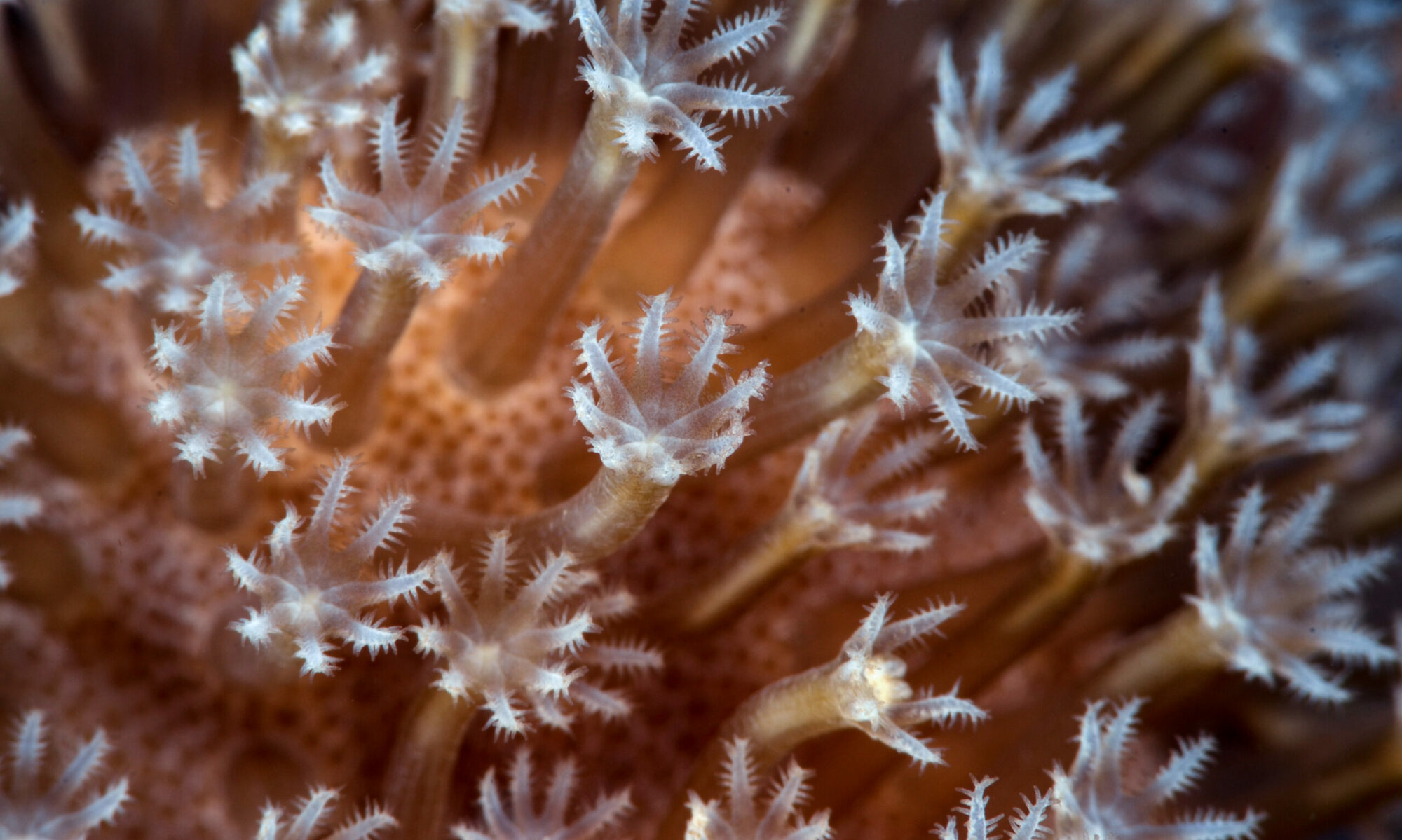
Guam EPSCoR graduate research assistant (GRA) Mildred Kelokelo is set to pursue a career in making significant contributions to marine sciences now that she has completed the biology master’s program at the University of Guam through support from the National Science Foundation (NSF).
Kelokelo received her Master of Science in Biology degree in Fañomnåkan 2019. She worked at the UOG Marine Laboratory, where she helped preserve and catalogue marine specimens in the Guam Ecosystems Collaboratorium Biorepository.
It was there where she drew out her thesis: “Sexuality and Sexual Maturity of the Arc-eye Hawkfish, Paracirrhites arcatus (Cirrhitidae).” Kelokelo evaluated its sexual patterns and reproductive cycles to determine whether or not this type of hawkfish is a protogynous hermaphrodite — its female reproductive organs maturing quicker than the male counterparts. Her thesis defense was well-received and is now on its way to being published.
“Through funding provided by NSF, I was able to not only obtain a master’s degree, but do research that I enjoy, meet other colleagues from different marine science backgrounds, and learn skills and knowledge and gain experiences that help build my career,” Kelokelo said.

Kelokelo enrolled at UOG after meeting and working with Guam EPSCoR Principal Investigator Dr. Terry Donaldson in Papua New Guinea. The two attended a workshop on field methods for fish gonad histology, and Donaldson was impressed with her work ethic.
“I knew she was interested in post-graduate training, so I recruited her to UOG’s graduate biology program at the Marine Laboratory,” Donaldson said.
Kelokelo accepted a EPSCoR graduate research assistantship and moved to Guam to continue her research. As her mentor, Donaldson said Kelokelo became an asset to the lab and her peers. She assisted Donaldson in a second workshop on fish gonad histology and later co-authored a publication and manuscript on the subject.
“Papua New Guinea has gained a new scientist, one trained at UOG and a fine example of what EPSCoR is about. I look forward to collaborating with her in the future,” Donaldson said.
Now having earned her master’s degree, Kelokelo said she hopes to continue her work in the field, whether it be cataloguing specimens or continuing with more research on marine fish reproductive biology using histology methods.
“I have learned a great deal while a graduate student with the biorepository and it has taught me to develop good working ethics, including time management to get assigned tasks done, team effort, and developing skills within the laboratory,” she said. “I am grateful for all the support NSF has provided during my studies at the UOG Marine Laboratory.”



